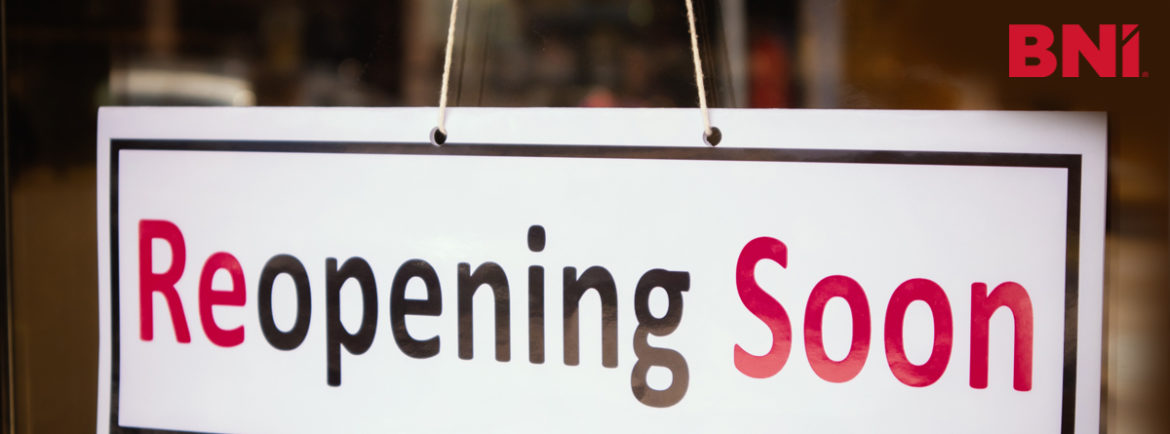Cities around the world are slowly opening up all aspects of social and economic activities. While essential services have always been open now non-essential businesses, malls, parks etc are starting to open up. All of them are devising strategies to ensure they meet the new safety standards while staying afloat.
As an entrepreneur looking to open up a non-essential business, you must also be considering your new operating procedures. Even if you have remained opened (being a part of essential businesses) you would still need to rethink your long term operating procedure. It is natural to be a bit unsure on how to go about ensuring the safety of everyone concerned while successfully running your business, so here are a few guidelines to help you implement the right safety standards and ensure protection for both employees and customers alike.
Follow Government Guidelines
The Indian government has laid down specific Standard Operating Procedures (SOP’s) on safety measures to be followed by different industries. For example:
- The Food Safety and Standards Authority of India (FSSAI) has issued guidelines for food hygiene and safety for the Food and Beverage industry, which along with advocating social distancing also specifies appropriate sanitisation of the food operations’ premises; mandatory wearing of face masks, head gears and gloves for people involved in food production and those handling this prepared food; limiting the number of people in the food preparation areas etc.
- The Indian Government has also issued safety standards for offices in relation to screening, frequent hand washing, safety measures to be taken if anyone tests positive in the workplace etc.
- The Ministry of Health and Family Welfare SOP for shopping malls include directives like mandatory sanitiser dispensers at entrances, staggering of visitors to be done if possible, all workers and visitors to be allowed entry only if wearing masks, restricting number of people allowed in elevators in addition to others.
There are similar guidelines specified for other industries also.
Communication is Key
In addition to following the government guidelines, you have to communicate your organisation’s safety standards to both your employees and customers. Knowing you have all the necessary precautionary measures in place to keep them safe will go a long way in reassuring them.
Customers: You can send a detailed account of the hygiene protocols which have been adopted by your business to your regular customers, along with information relating to your new business hours, measures taken to avoid overcrowding etc. This will ensure that you not only retain your regular customers but also attract new ones thereby increasing your sales volume.
Employees: Keep your employees updated on the measures and modification to the mode of working being adopted by your business (example, if you are adopting a shift system). This will go a long way in reassuring your employees regarding their job security and personal safety.
Be Flexible
The new normal in the way the world lives and works requires a more flexible approach in the way you normally do business, here also there is both the customer and employee aspect.
Customers: Since your customer base will usually include people in the vulnerable category it is essential that you expand your business options to include online sales and home delivery services. This will help increase your overall (not just restricted to the vulnerable group) sales volume. Moving a significant portion of your sales online will also help you ensure there is no overcrowding at the retail outlet.
Employees: Moving sales online offers you the additional advantage of retaining your workforce. Making a few modifications, for example – employees who are vulnerable can put in charge of handling online sales related aspects (co-ordinating, handling enquiries etc), while working from home. Similarly other modifications can be made to ensure your employees retain their jobs.
By following these guidelines you can ensure that not only does your business adhere to all the safety protocols, but also that it thrives thereby benefitting your employees, customers and you.
